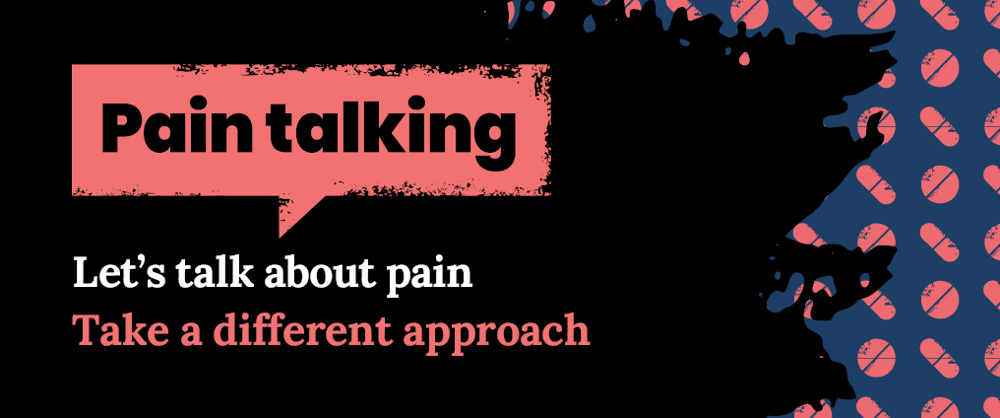
This information has been developed to supplement the information the doctor or healthcare practitioner has already given you.
Date of Issue: March 2025
Review Date: March 2026
If the review date has passed, the content will apply until the next version is published.
What is Tramadol?
Tramadol is an opioid medicine. Other opioid medicines include codeine, morphine and oxycodone. Opioids are used for severe pain.
Tramadol offers little advantage over similar medicines. It should only be prescribed when other medicines are not suitable. If you already take tramadol, your doctor or pharmacist can help you decide if this is the best choice of medicine for you.
Opioids can be misused and cause harm. Tramadol is a controlled drug. This means it has extra regulations. Prescriptions are limited to 30 days supply.
What dose should I take?
The dose of tramadol prescribed will vary from person to person. Know the dose prescribed for you. Never take more than this.
Tramadol comes as a 50mg capsule. The dose is 1-2 capsules up to four times a day. The maximum daily dose is 400mg.
There is a modified release (m/r) version. This is not routinely used.
Aim to take the lowest effective dose of tramadol. Use your full prescribed dose when pain is at its worst. Reduce the dose when pain is less.
Are there any side effects?
All medicines can cause side effects. Not everyone will get them. Read the information sheet given with the medicine.
Common side effects are feeling sick, constipation, dizziness and sleepiness.
Less common side effects are itching, sweating, dry mouth, diarrhoea or rash.
If tramadol makes you sleepy do not driving or operating machinery. It is an offence to do so if unsafe due to medicines. Alcohol may make the sleepiness worse.
Some side effects can be reduced by slowly building up the dose. Others may pass after the first few doses. Talk to a doctor or pharmacist about any problems.
How long should I take Tramadol for?
It is best not to take tramadol regularly long term. Review is needed to check if it is helping or causing problems. This should be every few weeks when starting.
After a while tramadol may not work as well. Or it may no longer be needed. A review is recommended at least every 12 months.
Tramadol can cause tolerance, dependence and addiction. This is more likely if issues with other drugs. Also if taken for a long time. Talk to a doctor or pharmacist if you have concerns.
How do I reduce the dose?
Do not stop tramadol suddenly. This may cause withdrawal effects. Reducing the dose slowly will stop this happening. A doctor or pharmacist can advise.
A reduction in 50mg steps is often recommended. The can be done every 1 or 2 weeks. And be continued until the medicine is stopped.
Tell a doctor or pharmacist if you are;
- Trying to get pregnant
- Pregnant
- Breastfeeding
Medication in chronic pain
Medicines are not always helpful for long term pain.
They can cause side effects and harm.
It is best to stop medicines that are not working or cause problems.
It is helpful to find other ways of managing pain.
A doctor or pharmacist can explain more.
Remember
Do not stop medicines suddenly.
Do not share medicines.
Never take more medicine than prescribed.
Let your doctor or pharmacist know if you take other medicines or products.
Read the information sheet given with each medicine.
Keep medicines out of the reach of children.
Store medicines safely.
Return unused medicines to your pharmacy.
If medicines make you drowsy, do not drive.
Discuss any medication concerns with your doctor or pharmacist.
Accessible formats
If you require this information in a community language or alternative format such as Braille, audio, large print, BSL, or Easy Read, please contact the Equality and Human Rights Team at: email: fife.EqualityandHumanRights@nhs.scot or phone 01592 729130. For people with a hearing or verbal impairment you can also contact the team through the NHS Fife SMS text service number on 07805800005.
